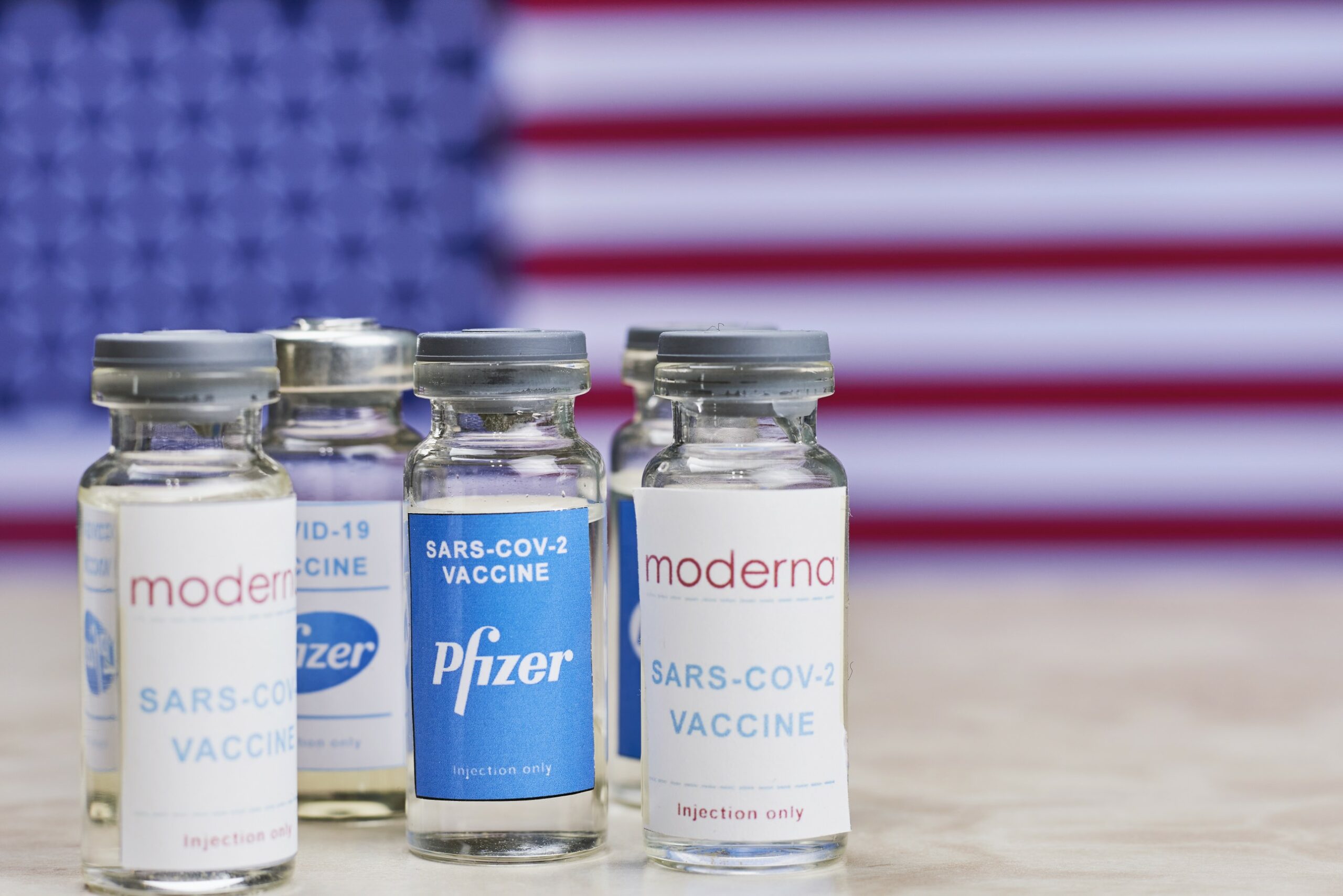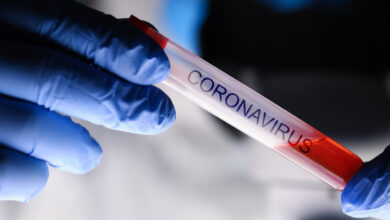Over a year after the coronavirus first fell on our radar, the vaccine rollout is here with a vengeance. Yes, case counts are still going up, and mutations are hitting hard, so it is more important than ever to consider stepping up and getting your shot, even if you are not at high risk for the virus.
Some states have opened up vaccine eligibility to all residents, while others are using a phased approach or still need to get a uniform system together. Read below for the scoop and learn what each state is doing.
Alaska: Vaccines for all residents 16+ opened on March 9.
Mississippi: March 16 marked when the state declared everyone who is eligible by age could get a shot.
West Virginia: The state expanded on March 22, making it the third state to do so.
Utah: Eligibility started on March 24.
Georgia: March 24 was when sign ups opened.
Arizona: March 24 marked the day the state said that any resident can get vaccinated, provided they can get to one of three state-run sites. A wider rollout is planned soon.
Oklahoma: At this time, only those 16 and older who are members of the Chickasaw Nation can get vaccinated. Broader eligibility information is to come.
The following states anticipate vaccine appointments to be open to all on the following dates:
March 29: Kansas, Louisiana, Oklahoma, Ohio, Texas and North Dakota
March 30: Minnesota
March 31: South Carolina and Indiana
April 1: Connecticut and Montana
April 2: New Hampshire
April 5: Florida, Nevada, Iowa, Tennessee, Idaho, Michigan and Tennessee
April 7: North Carolina
April 9: Missouri
April 12: Kentucky and Illinois
April 15: California
April 19: Rhode Island, Massachusetts, Maine and Vermont
April 27: Maryland
Sometime in April, but no set date: New York, New Mexico, Virginia, Wyoming and Colorado
May 1: Hawaii, Oregon, South Dakota, Washington, Wisconsin, Delaware, Nebraska, Hawaii, New Jersey, Alabama Pennsylvania
What to do to Prepare for Getting the Vaccine
- Determine your eligibility and if you are a good candidate. If you have any questions, contact your health care provider.
- Read up about the approved vaccines to stay informed. The CDC has plenty of resources to point you in the right direction.
- Know the scheduling procedures and options for your state in advance. If needed, practice using the sign up system or navigating the website beforehand. Know the phone number to call if the sites have outages on the day of. Mark down the first date on your calendar, on your fridge or on your phone.
- Have a plan: Identify your ideal vaccination sites/areas to make a decision faster.
- Make appointments you know you will be able to make: This is important in all cases, but especially something of which to be mindful if you need two doses.
- Do not skip the second dose! You will not be as protected as possible without it. Also, the dose could be spoiled and not used on someone else.
- Read up on policies set by your state, county and places you frequent to know what does and does not change once you are fully vaccinated (have gotten the second or full dose).
- Mark the date and time in multiple places so you do not forget when you are eligible. Get to the appointment.
- Encourage others to also sign up. The more people who get vaccinated, the sooner the U.S. can safely open up more.
- Continue to stay vigilant: This goes for even after you get vaccinated, but keep distancing, washing those hands and wearing masks when you are around people from outside your household. These measures are still very important to slow the virus’ spread.
- Make smart, informed decisions. Continue to stay cautious to keep yourself – and others – safe.
- Read the latest news on policies and case numbers from trusted health sources, such as the CDC.
We hope this helps you stay a bit more informed about the COVID-19 vaccine rollout in your state. When your time comes, be ready, take your shot. Good luck getting a good time, and continue to stay safe and healthy. We will get through this pandemic together.






